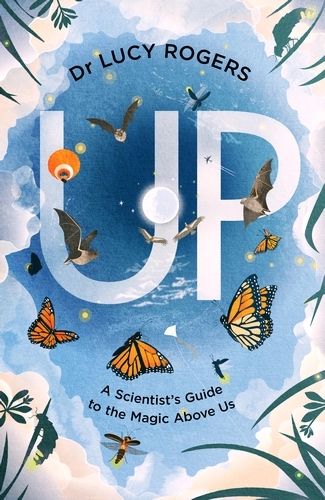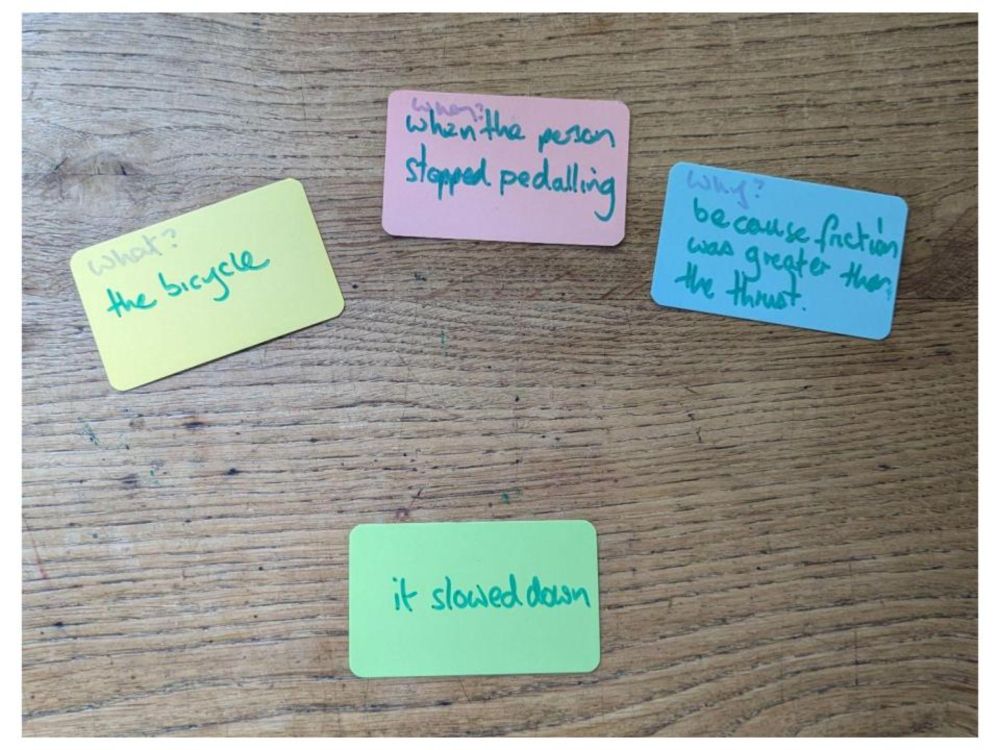
edu.rsc.org/ideas/build-...

edu.rsc.org/ideas/build-...

edu.rsc.org/ideas/build-...
edu.rsc.org/ideas/build-...
#iteachchem #edusky

edu.rsc.org/ideas/build-...
#iteachchem #edusky
edu.rsc.org/ideas/build-...

If you like things that fly – be it aircraft, bugs or birds, then this book is for you!
I am also so delighted with the beautiful cover art by @Rachelhillustrates.bsky.social :)
www.penguin.co.uk/books/461507...



Why questioning in lessons often fails (and what to do about it)
#EduBlogUK #EduSky #UKEd
Why questioning in biology lessons often fails (and what to do about it)
#iTeachBio #SciTeachUK
cmooreanderson.wixsite.com/teachingbiol...

Why questioning in lessons often fails (and what to do about it)
#EduBlogUK #EduSky #UKEd
I explain metacontent here:
cmooreanderson.wixsite.com/teachingbiol...
#iTeachBio #chatbiology


I explain metacontent here:
cmooreanderson.wixsite.com/teachingbiol...
#iTeachBio #chatbiology


carlhendrick.substack.com/p/does-think...

Teachers have heard of Barak Rosenshine’s principles of instruction, but what about his essential insights into ‘knowledge structures’?
‘Rosenshine on knowledge structures’
alexquigley.co.uk/rosenshine-o...


